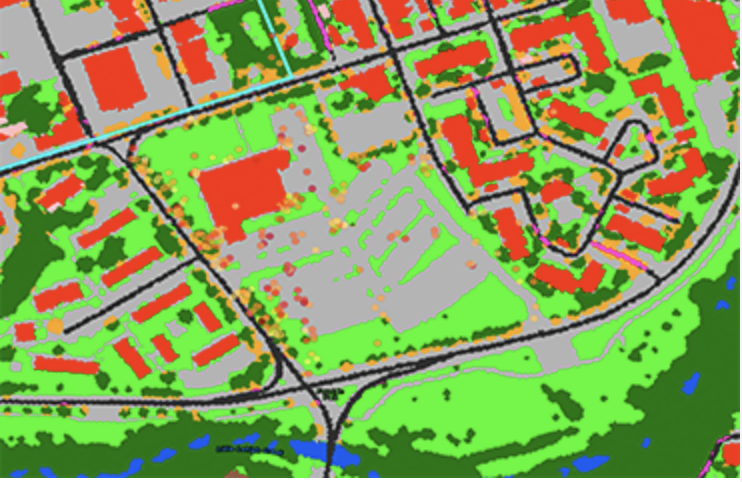Preparing High Achieving Urban Students for STEM Careers: Engineers of the Future Program
This project will advance efforts of the Innovative Technology Experiences for Students and Teachers (ITEST) program to better understand and promote practices that increase students' motivations and capacities to pursue careers in fields of science, technology, engineering, or mathematics (STEM) by preparing and interesting high achieving middle school students for advanced math courses in high school and eventually in engineering careers.
